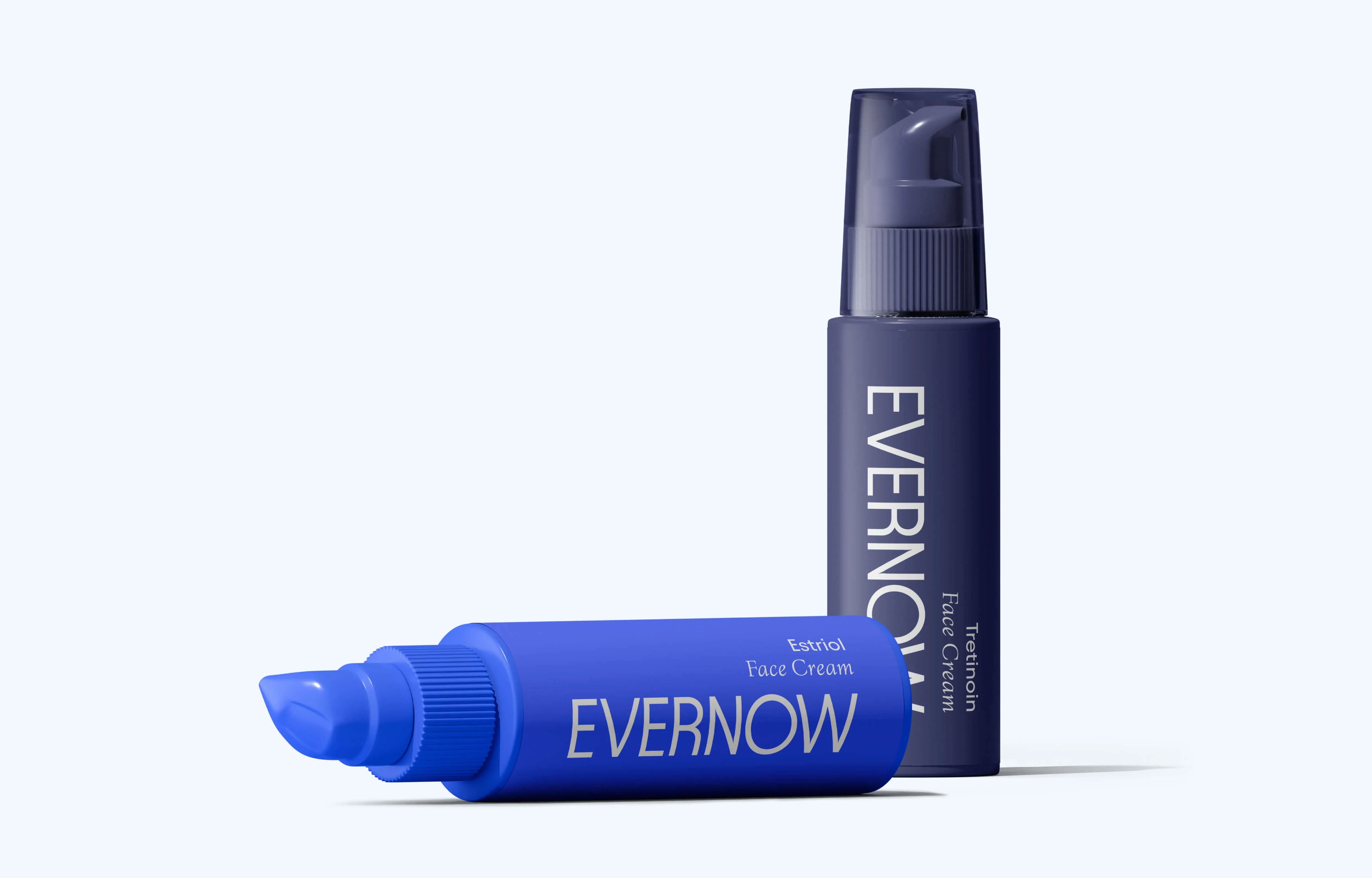Menopausal Strength Training for Muscle and Metabolic Health

In the menopause years, the body goes through so many radical changes that it can be hard to keep track of everything. If your clothes are getting tighter around the waist, and you feel bewildered by your changed response to the foods that you’ve been eating for decades, you’re not alone. Many people notice their weight and body composition start to change in menopause, and that happens for a very specific reason: estrogen loss.
When your estrogen levels drop off during the menopause transition, the way your body processes carbohydrates change. You become more insulin resistant, and that causes a redistribution of fat to the abdominal area, including visceral fat (which is belly fat that surrounds your abdominal organs), which increases significant health concerns; like heart disease and diabetes.
What's Happening In Your Body
As insulin resistance increases during menopause, your body doesn’t treat the sugar you consume the same way it did in your twenties and thirties. (And “sugar” doesn’t just mean M&Ms—carbohydrates are converted to sugar in the body, so even something as seemingly innocuous as rice is on the list of foods that aren’t handled the way they once were.) This is tough, and unfortunately, it’s just a reality of menopause. However, there are a few things you can do to counteract the shift toward insulin resistance.
On a dietary level, there isn’t one “magic menopause diet” that works to keep everyone at a healthy weight, but keeping an eye on the carbohydrate and caloric content, as well as the glycemic index, of your food choices is a good start. A lower-carb version of the Mediterranean diet has shown efficacy in controlling weight during menopause, and lowering or eliminating your alcohol intake can be huge when it comes to keeping your metabolism humming. Beyond those lifestyle tweaks, the best thing you can do for your metabolic health during menopause is to incorporate a regular exercise program into your routine.
Strength/Resistance Training
When it comes to exercise, some is always better than none, but different modes of movement generate different outcomes. In menopause, it’s important to focus on exercise that is high yield in terms of metabolic health, which means a combination of aerobic work and strength training.
If you survived the 80s, we probably don’t need to tell you what aerobic exercise is—move your body with speed and vigor to raise your heart rate, and work at that elevated heart rate. There are great low-impact aerobic options like swimming and walking, along with the classic higher-impact versions, like running and many forms of interval training. Back in the 80s, we thought that was enough, but today we know that strength training is actually the critical part of the equation.
Strength training absolutely does not have to take place in a gym or include a barbell or even dumbbells if those things intimidate you. In fact, it might be better to think of it as “resistance training,” because that is the point—working against load to create resistance. Whatever you prefer to call it, strength or resistance training is key to maintaining your metabolic health in menopause.
By definition, strength training builds muscle, and muscle is more metabolically active than fat, meaning that it uses energy just existing. A body rich with muscular tissue will inherently be more metabolically efficient than a body with less. Resistance training is also believed to increase insulin sensitivity (which is a good thing).
Resistance training can take many forms, from primal movement to training for strength sports like powerlifting (where you train the squat, the bench press, and the deadlift). If you’re nervous about using weightlifting equipment, you can use your own bodyweight to strength train.. Strength work is a wonderfully scalable fitness modality, and you’ll learn exactly how to make it fit your life in Coach Adam’s Evernow exercise program, which is designed specifically to optimize the menopausal body.
Strength Training Is For You
Whether you’re an experienced athlete or someone who has never really exercised before, there is an accessible form of strength training available for you. By working with professionals who understand how to prescribe movement for specific outcomes, you can leverage the power of resistance training to improve your insulin sensitivity and your metabolic health as you move through menopause.



